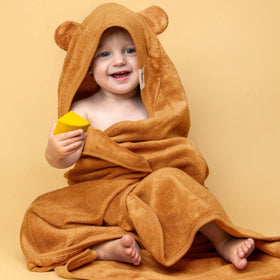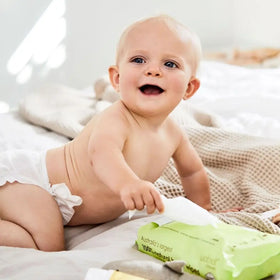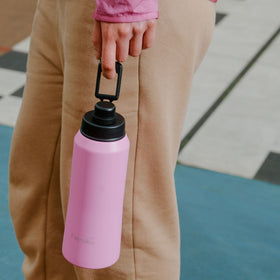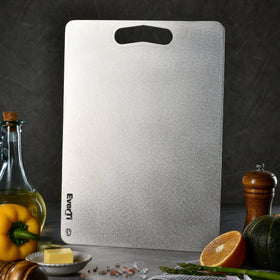
Is Your Soap Making You Sick? Why You Should Avoid Antibacterial Soaps
Germs are bad, which is why you need to wash your hands with soap. And antibacterial soaps kill even more germs, so they should be better than normal soap, right? Well, maybe not. Recent studies show that:
"Antibacterial soap containing triclosan (0.3%) was no more effective than plain soap at reducing bacterial contamination when used under ‘real-life’ conditions."
The study asked people to wash their hands first with plain soap and then with antibacterial soap containing triclosan (a common chemical in antibacterial soaps). First, they had bacteria put on their hands. Then they washed their hands in lukewarm (22°C) and in warm (40°C) water for 20 seconds. The results showed that the antibacterial soaps only worked better after 9 hours. That's 9 hours of handwashing to kill slightly more germs. Not very practical, I think you'll agree.
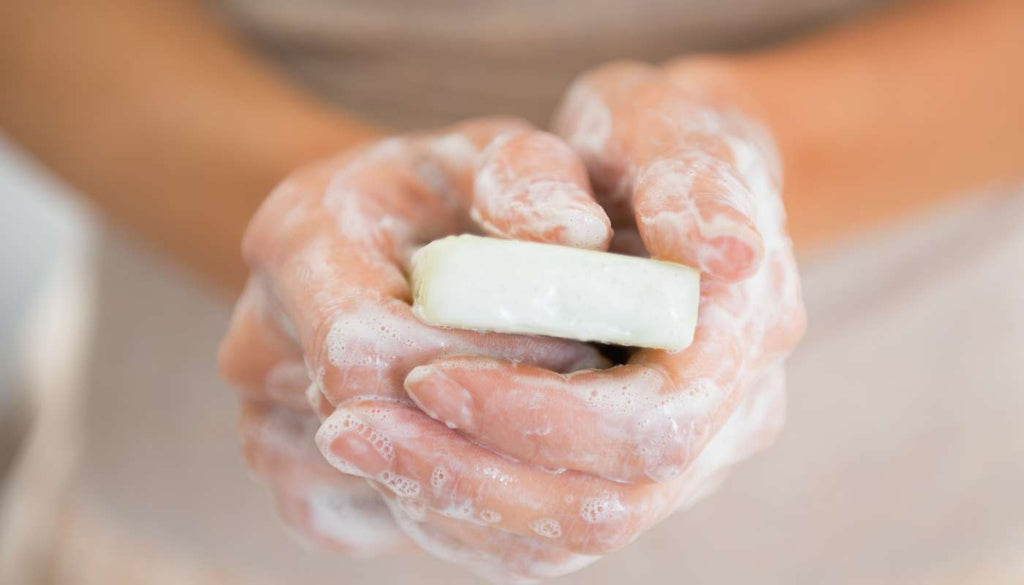
But even if antibacterial soaps kill only slightly more germs, isn't that a good thing?
Again, maybe not. One of the chemicals used in antibacterial soaps and other products is a chemical called triclosan. Triclosan, although it kills germs, is a bit of a problematic ingredient. The US Food & Drug Administration says that:
"the benefits of using antibacterial hand soap haven’t been proven. In addition, the wide use of these products over a long time has raised the question of potential negative effects on your health."
Triclosan is found in lots of products. You can find antibacterial soaps, body washes, cosmetics, and toothpaste. You can even find antibacterial kitchenware, furniture, toys and even clothing. Antibacterial socks, anyone? Not all of the antibacterial ingredients are triclosan, but they have similar issues.- antibacterials may be creating antibiotic resistant bacteria
- antibacterials could be endocrine disrupters
- reduced exposure to bacteria could mean our kids are getting more allergies
Huh? I can hear you saying? What exactly does all that mean?
Antibiotic resistant bacteria
Ever heard of superbugs? They're strains of bacteria that have become resistant to antibiotics. Bacteria are everywhere, and mostly they're harmless or even helpful. For a healthy person, bacteria generally aren't a problem. But they can also cause infections. When you've got a bacterial infection, using antibiotics will generally kill the infection. The problem is that when bacteria come into contact with antibiotics, some of them change or mutate to protect themselves from being killed by the antibiotic. The ones that aren't killed become resistant, and you end up with strains of bacteria that can't be killed by the antibiotics. Which means that when you get sick, the antibiotics that are usually prescribed can't kill these infections. Washing your hands with plain soap means that you're not introducing bacteria to antibiotics, and so the antibiotics are much more likely to be effective when you really need them.
Antibacterials could be endocrine disrupters
Triclosan, the antibacterial often found in soaps, has been found in breast milk, blood and urine samples. This is a concern, because triclosan has been linked to endocrine disruption. Endocrine disrupters are chemicals that can interfere with the body's endocrine (or hormone) system. Endocrine disruption has been linked to obesity and diabetes, female reproduction, male reproduction, hormone-sensitive cancers in females, prostate cancer, thyroid, and neurodevelopment (brain development). More research is needed to see if triclosan is an endocrine disrupter, and this is one of the reasons that the FDA and other US government agencies are doing further studies.
Kids are getting more allergies
This is one of my favourites, because it completely justifies my lack of cleaning around the house! Studies show that kids need to be exposed to bacteria from an early age. Keeping your house too clean means that your kids aren't building the immunities they need. Using antibacterial cleaning products around the house kills beneficial bacteria. When kids are exposed to normal bacteria in house dust, they are much less likely to get asthma and allergies. So don't get too concerned if your floor hasn't been mopped in fortnight, or if the baby has fallen asleep in the dog bed. You're just building kids immune systems!
What should you use instead of antibacterial soaps?
So if antibacterial soaps are no more effective than normal soap and water, and there are so many other problems with them, isn't it time that you switched back to normal soap? What should you look for when you're buying soap?- Avoid anything that says 'antibacterial'
- Avoid anything that says 'microban'
- Check medicated soaps and washes for triclosan, triclocarban or chloroxylenol

